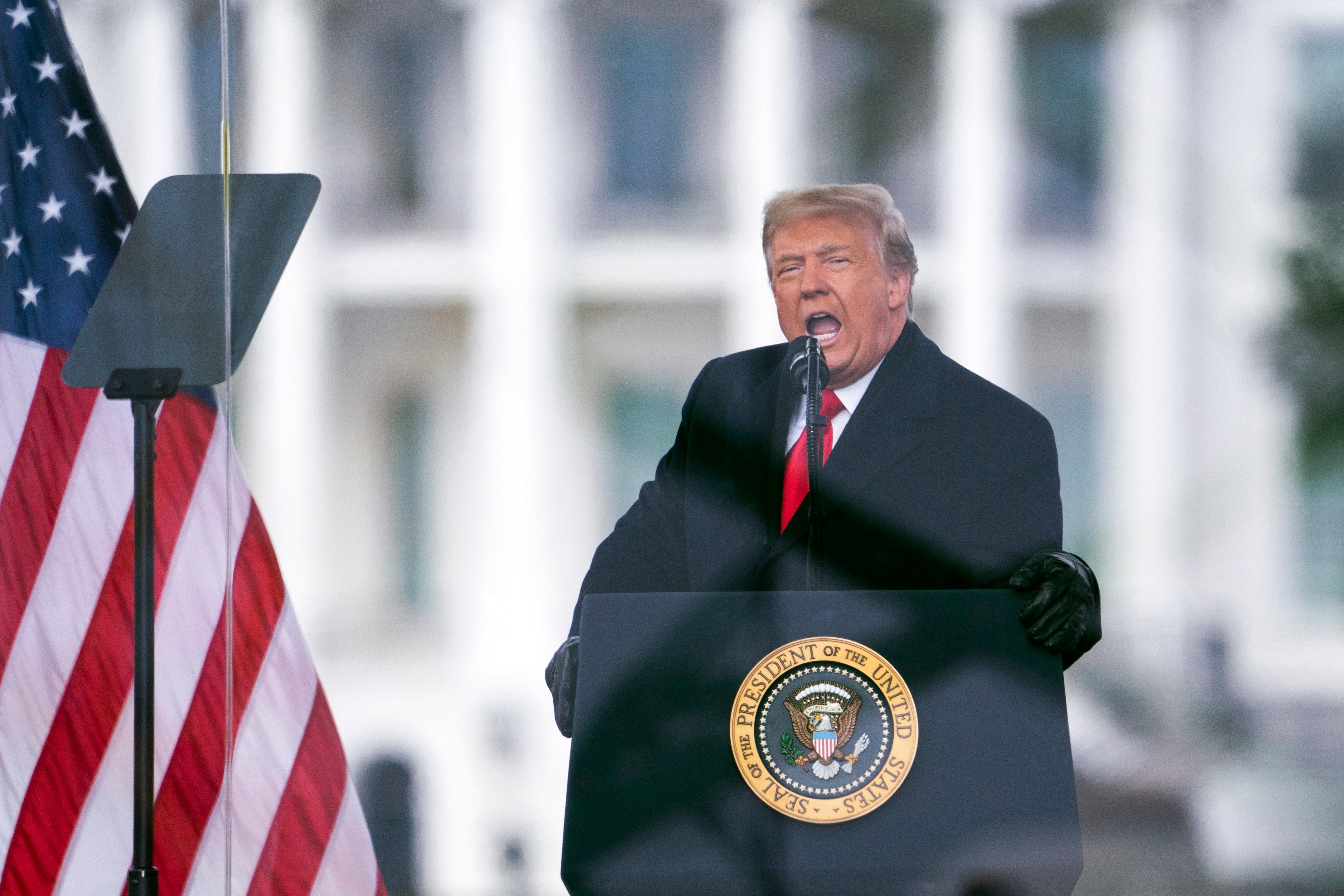The first rule of fighting conspiracy theories – don’t call them that
Vaccine hesitancy and distrusting authority is a live problem. But popular scepticism cannot be tackled by labelling the believer irrational or stupid, writes John Rentoul


More people say “it seems plausible” that Diana, Princess of Wales, was killed than that her death was an accident, according to new research by Ipsos MORI. Forty per cent of people agree that it seems plausible that her death was “not an accident”, while 27 per cent disagree, and the rest don’t know or have no opinion.
The study found widely varying levels of belief in conspiracy theories. Most of the 11 examples tested by Ipsos MORI found that more people disagreed than agreed that they were plausible. The idea that 5G mobile phone towers are responsible for the spread of Covid-19 was found “plausible” by just 2 per cent of UK adults, and the belief that the Covid vaccine is a cover for implanting microchips by just 4 per cent.
Theories that climate change is not due to human activity, that 9/11 was a controlled demolition and that the 2020 US election result was falsified were also rejected by large margins. Yet each of those was regarded by significant minorities as “plausible” (14, 14 and 18 per cent respectively).
Conspiracy theories do matter, because they can be dangerous. It probably doesn’t matter much that people think Diana was murdered; but other theories have consequences. People have burned down 5G masts. In the US the stolen election theory ended up with the storming of the Capitol, in which five people died.
Doubts about vaccines – which range from outright paranoia to reasonable disagreements about the risk of medicines – are very much a live issue at the moment.
That is why Ipsos MORI convened an event today to launch its research and to discuss the lessons for how to deal with conspiracy theories. The first lesson is not to call them conspiracy theories, because that immediately labels the believer in them as irrational or stupid. The research found that many theories are associated with anger, and that belief in them is skewed towards those on low incomes and non-graduates. Furthermore, among some minorities, scepticism of governments, elites and the media might be historically justified.
For many people, conspiracy theories provide explanations and a feeling of control through understanding a world that seems hostile. But they are a continuum, from QAnon at one end, through to a suspicion that the prime minister might not be telling us absolutely everything that he knows about arrangements for his Christmas parties last year, for example.
Indeed, much of politics is built around conspiracy theories of one kind or another. Only this week, Labour MPs accused the government (again) of wanting to “privatise the NHS”. It doesn’t stand a moment’s scrutiny – the Conservative Party knows how popular the NHS is, and if it really wanted to sell it off, you would have thought it could have done it by now. And yet that kind of thinking is common – on both sides of politics. Chris Clarke’s The Dark Knight and the Puppet Master is good on the conspiratorial left-wing view of the world, but it is just as common on the right. Look at those Conservative backbenchers opposed to coronavirus restrictions who think they are all a plot to take away our ancient liberties.
William Wragg, a Tory backbencher who is opposed to coronavirus restrictions, mocked some of his colleagues this time a year ago: “My experience of the British state is that it isn’t competent enough to organise a conspiracy – and if there were a conspiracy, plans for that would have leaked already.”
Today’s Ipsos MORI event was useful, however. Peter Knight, professor of American Studies at the University of Manchester, pointed out that challenging conspiracy theories (even if you are not calling them that) is “hard, because you are asking people to change their identity”.
But he pointed out that conspiracy theories have always been with us. My view is that the internet makes it easier for some kinds of theories to spread, but it also makes it easier for them to be rebutted. I think the growth of organisations such as Full Fact is a hugely positive step. Journalists have a responsibility, which on the whole in this country I think they take seriously, to cut against the grain of alarmism and clickbait, and to respond to dangerous theories calmly, factually and promptly.
My view is that The Independent got it right on the 5G theory, for example: we had an early discussion about whether to ignore the story or to report it as an untrue and dangerous theory, which is what we did.
I don’t know what to make of conspiracy theories about Diana’s death, but generally, I think that in the long struggle between conspiratorial thinking and rationalism, rationalism has the upper hand.






Join our commenting forum
Join thought-provoking conversations, follow other Independent readers and see their replies
Comments